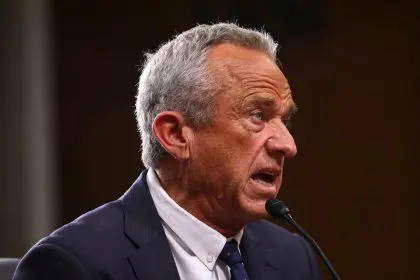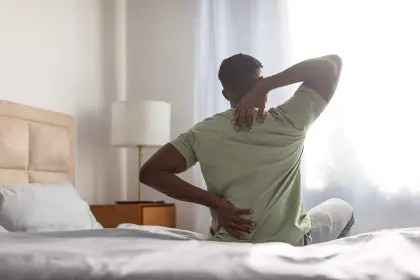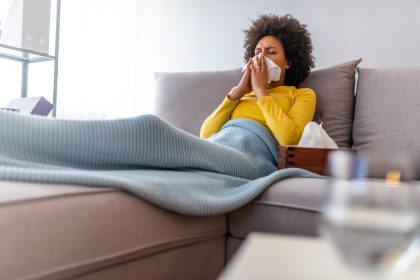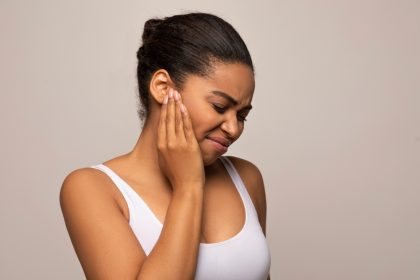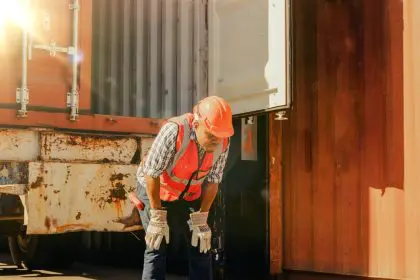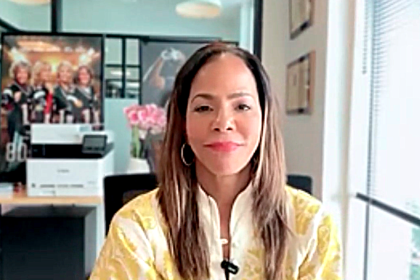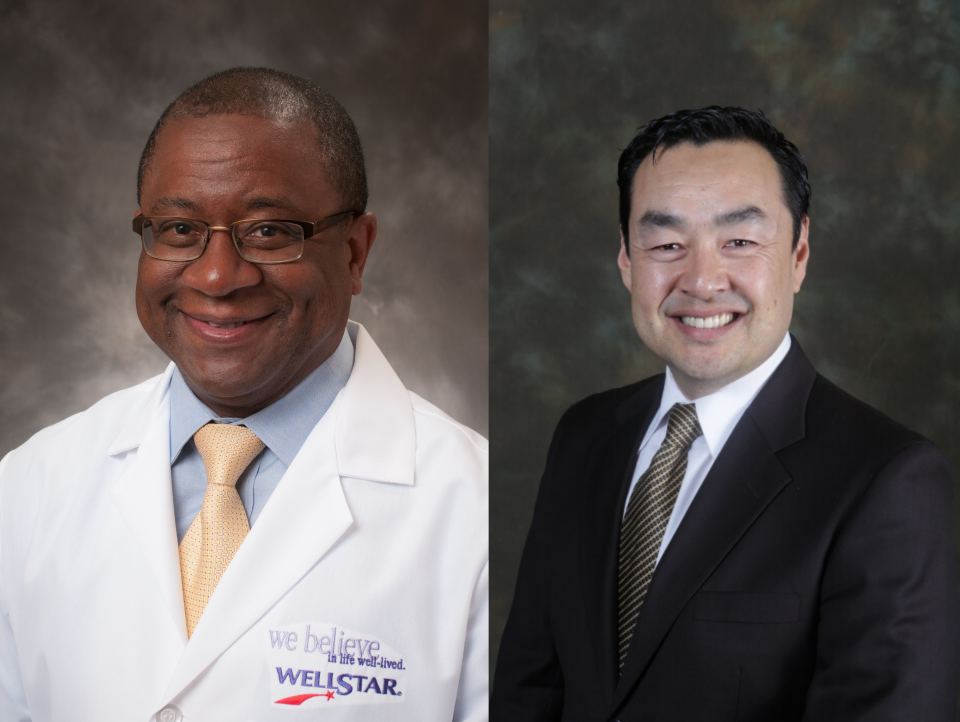
We’ve all heard that people with underlying medical conditions are more likely to develop COVID-19, but what many do not realize is that at-risk, vulnerable communities are disproportionately affected by these underlying conditions. At-risk communities – which are far too often predominantly Black and Hispanic populations — have been long-affected in greater numbers by medical issues, often with more devastating outcomes than their white counterparts and affluent communities.
With the rise of COVID-19, we are seeing vulnerable communities – especially Black and Hispanic communities – harder hit by the pandemic. This is not because of any genetic determinants but because of the uneven distribution of social determinants of health that creates significant inequities and damaging impacts.
According to the Center for Disease Control and Prevention (CDC), social determinants of health include the following:
• Health and health care
• Income and wealth
• Education
• Housing
• Neighborhood environment (food deserts, lack of parks/sidewalks/green space, rural communities, urban communities)
• Underemployment/unemployment
• Race, ethnicity, gender, ability, religion, sexual orientation, gender identity, and other at-risk groups
All of these factors contribute to underlying medical conditions from diabetes to pancreatic cancer, heart disease and asthma, and even maternal morbidity, which have the potential to impact COVID-19 infection rates, severity, recovery and survival.
We are mere days away from the anticipated surge in COVID-19 patients. Now, it is more important than ever that we not only acknowledge health inequity but also talk about real, tangible things we can do in the short-term and long-term to improve health outcomes for the most vulnerable people in our communities during this crisis and beyond.
Short-term actions
Recognize that not all general public recommendations are realistic for certain populations and households, and make modifications.
Shelter in place
Underemployment and unemployment — as well as the nature of many essential and low-paying jobs — are making it clear that sheltering in place is a privilege. For those who were making ends meet before the pandemic, they might now be struggling to pay their mortgage, rent, utilities and food bills. There are a number of Wellstar community partner resources across metropolitan Atlanta and Georgia that stand ready to provide assistance to at-risk communities for housing needs.
For example:
• In Georgia, the Atlanta Volunteer Lawyers Foundation and Legal Aid Society are providing free legal advice and assistance to residents at risk of eviction.
• Georgia Equality is also providing safe shelter options for women and children, in particular.
• Partners in Home connects Georgians with information about temporary housing and emergency shelter.
• Mercy Care offers support that includes medical, employment and housing assistance.
Social distancing at work and at home
While some jobs easily allow people to work from home, there are many employees for whom staying home is not an option. Many essential and low-paying jobs require in-person attendance, with frequent and close human interaction, which is counter to Wellstar and CDC recommendations to minimize physical contact and community spread. For people who must go to work in close proximity to others, it is essential that they protect themselves as best as possible by following the CDC’s guidelines regarding washing hands well and often and wearing face masks in a culturally sensitive manner, when possible.
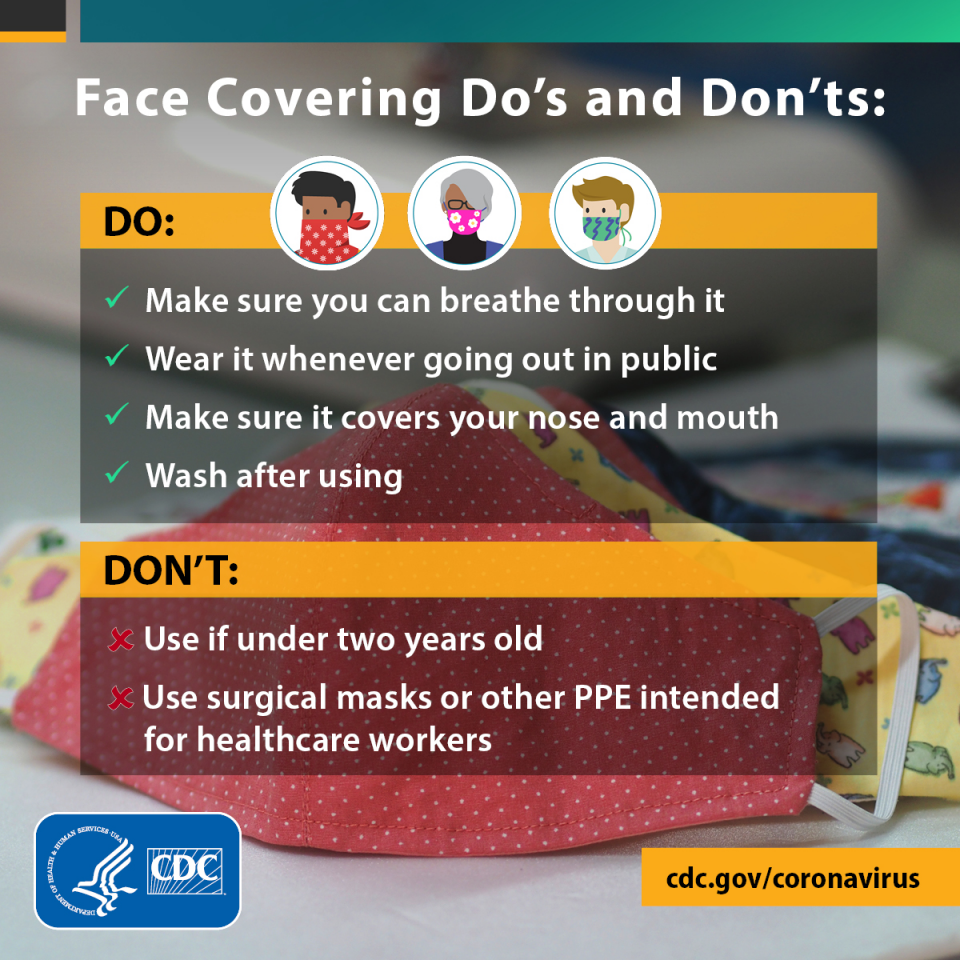
Go to the next page to read more.

